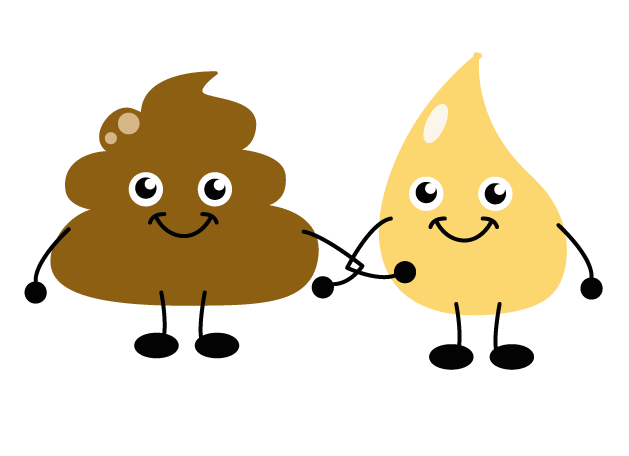3.9K 
Is it necessary to separate urine from faeces?
It’s best to avoid this practice, as the primary benefit of using a dry toilet is to return a material essential to the balance of the natural cycle.

To obtain a balanced compost, it’s essential to combine urine, faeces and litter or carbonaceous matter.
The ammonia problem
By separating the two, urine is either directed into the collective network (in which case the problem is not solved) or stored in a tank for use in the garden.
Stored urine is rapidly converted into ammonia. If it seeps into groundwater, it will cause nitrite and nitrate pollution.
In addition, it is recommended not to use it pure, but to dilute it in 10 volumes of water.
This calls into question the conservation of water resources expected with the use of a dry toilet.
It would also be advisable not to spread it all the time and to do so over a minimal area.
However, an adult urinates between 1 and 1.5 liters per day. This means storing urine or having a large surface area to spread.
The question arises as to how to store urine, and its rapid transformation into ammonia. And what to do with this ammonia, which is problematic in the soil and harmful to groundwater.
Nitrogen/carbon ratio
In a BLT, this harmful enzymatic transformation is inhibited by the direct addition of carbonaceous litter.
In this way, urine is not transformed into ammonia, and the ratio of nitrogen (urine and faeces) to carbonaceous matter (wood shavings) is conducive to decomposition into fertile humus.
As for fecal matter stored and composted on its own, it can’t be part of a humus-forming process and therefore doesn’t produce any valuable results. It’s clear, then, that this practice doesn’t really serve any purpose other than to reduce handling, but at what cost?
Read the Eautarcie article here
